
The Post Secondary Transition Podcast
A podcast focused on the ins and outs (and everything in between) of the secondary transition process for families of students with disabilities! Hosts Meghan (Smallwood) and Patrick (Cadigan) serve as supportive guides, leading families step-by-step up each rung of the transition ladder.
Also check out our parent website: https://www.postsecondarytransition.com
The Post Secondary Transition Podcast
067. Resource: Vocational Rehabilitative (VR) Agency Locator
Hosts Meghan (Smallwood) and Patrick (Cadigan), take a few minutes this week to highlight a resource to locate Rehabilitative Agencies. They emphasize the need for families to research specific states as each has its own eligibility criteria and service offerings; VR agencies typically provide job training, assistive technology, and career counseling. Join the conversation!
Episode Keywords:
vocational rehabilitation, developmental disabilities, job placement, assistive technology, career assessments, counseling services, eligibility criteria, state-specific agencies, resource website, waiting lists, transition process
Links:
Vocational Rehabilitative Agency (page)
State Vocational Rehabilitation Agencies (site)
To download a copy of a transcript for this episode or any of our previous conversations, click here.
Also visit our Podcast webpage to find links to all of our other discussions; go to www.p2transition.com.
Additional information about post-secondary transition can be found at our website.
The Post-Secondary Transition Podcast Facebook page.
Visit our YouTube Channel to find additional video resources.
Intro/Outro music by AudioCoffee from Pixabay.
Transition music by Joseph McDade from Transistor.
Welcome. This is the Post Secondary Transition podcast, where we have conversations around the ins and outs and everything in between of the transition process for families of students with disabilities. I'm one of the hosts. My name is Meghan Smallwood, and I am a public school transition coordinator, and I'm joined with my co-host.
Patrick Cadigan:And I'm Patrick Cadigan, and I am also a public school transition coordinator, and once again, Meghan and I have found ourselves in a scheduling challenge. Now we're kind of wrapping up the holidays here, and we didn't want to leave you guys with nothing, so we wanted to share out a resource that we thought could be valuable for families in that research process. Meghan, you want to talk about it?
Meghan Smallwood:Absolutely, so I know we just talked a little bit about Developmental Disabilities Agencies that are out there, but in each state, there's also the Vocational Rehabilitative Agencies. In the state of Maryland, we've talked a lot about DORS, the Division of Rehabilitation Services, and they are one of those agencies that will assist people with different disabilities. Their main goal being to go to work and to keep their job and provide services that will help with that, including assistive technology job training and different career assessments and counseling. Now, again, every state has their own version of Vocational Rehabilitation Agencies, so it's important to gather that knowledge if you were planning to go out of Maryland at some point in the future. It's important to note that the Vocational Rehabilitation Agencies also can help with some higher education, although ultimately the goal for an individual is based around work and job placement. Typically, the process is that you'll be assigned a counselor that will talk to the individual and their families about what kind of services that they're looking for or interested in, and then they will be able to tell them what they're able to offer and how they might be determined eligible for these services, because, again, as we've we've mentioned many times it's based off of eligibility with these agencies, and not entitlement. These agency counselors will work with the different students, and they work with a variety of different disabilities. For the criteria for this in the state of Maryland, the student just needs to be at least 14 years old and no more than 21 years old to access their pre-employment transition services. They will look for different criteria or different assessments that document a disability, but again, that might be dependent on your state. So if you are looking for more information on the Vocational Rehabilitative Agencies, you can go to our handy-dandy website, www.postsecondarytransition.com and go to the top where the different icons are listed. And if you scroll under Resources all the ways down the list, you will see the Vocational Rehabilitative Agency page. And there at the very top is a link that says, find an agency for you, which will bring you to the website for the Rehabilitation Services Administration.
Patrick Cadigan:Yeah, RSA.Ed.gov, but the way that this website works is it gives a list of all those Vocational Rehabilitation Agencies by state, they're placed alphabetically. So you just scroll down to the state that you're looking for. We always tell people that you know, keep in mind that these rehabilitation agencies can have different names. So like, for example, in Alabama, it's referred to as Department of Rehabilitation Services, whereas if you scroll down to Kentucky, it is the Office of Vocational Rehabilitation. So the information from this site will give you a phone number and the website that you can visit. So just a very valuable resource, like we were saying, for families, as they are doing that research. And we just wanted to make sure that we could share that out.
Meghan Smallwood:Yeah, and I think it's important just to keep in mind, again, if you do plan on planning for the future, it is something to do a little research on, because every state has their own waiting list. Every state has their own way of handling these different services, and like Patrick said, they have different names. So you want to familiarize yourself, what with what else is out there.
Patrick Cadigan:All right, so good resource, good information, and we look forward to talking again with you soon.
Meghan Smallwood:Absolutely. As always, you'll find links to the information from our conversations in our show notes. We would love for the information from this and all our other discussions to reach as many families as possible, and we need your help to do that. You can find our conversations at www.p2transition.com. Like, follow, share out the podcast. Our conversations are posted to all the major platforms, including Apple podcasts, Spotify, YouTube music, and that's just naming a few. So please share and share often.
Patrick Cadigan:Please check out our YouTube channel. We've done some of the legwork for you by curating videos of topics that revolve around transition. We have playlists for guardianship, alternatives to guardianship, ABLE accounts, and there's more to come. So please be sure to subscribe there as well. And finally, check out our website, which is full of information and links to resources around the transition process. Open your web browser of choice and surf to www.postsecondarytransition.com. We thank you so much for the time that you've spent with us, and look forward to talking again soon.
Podcasts we love
Check out these other fine podcasts recommended by us, not an algorithm.
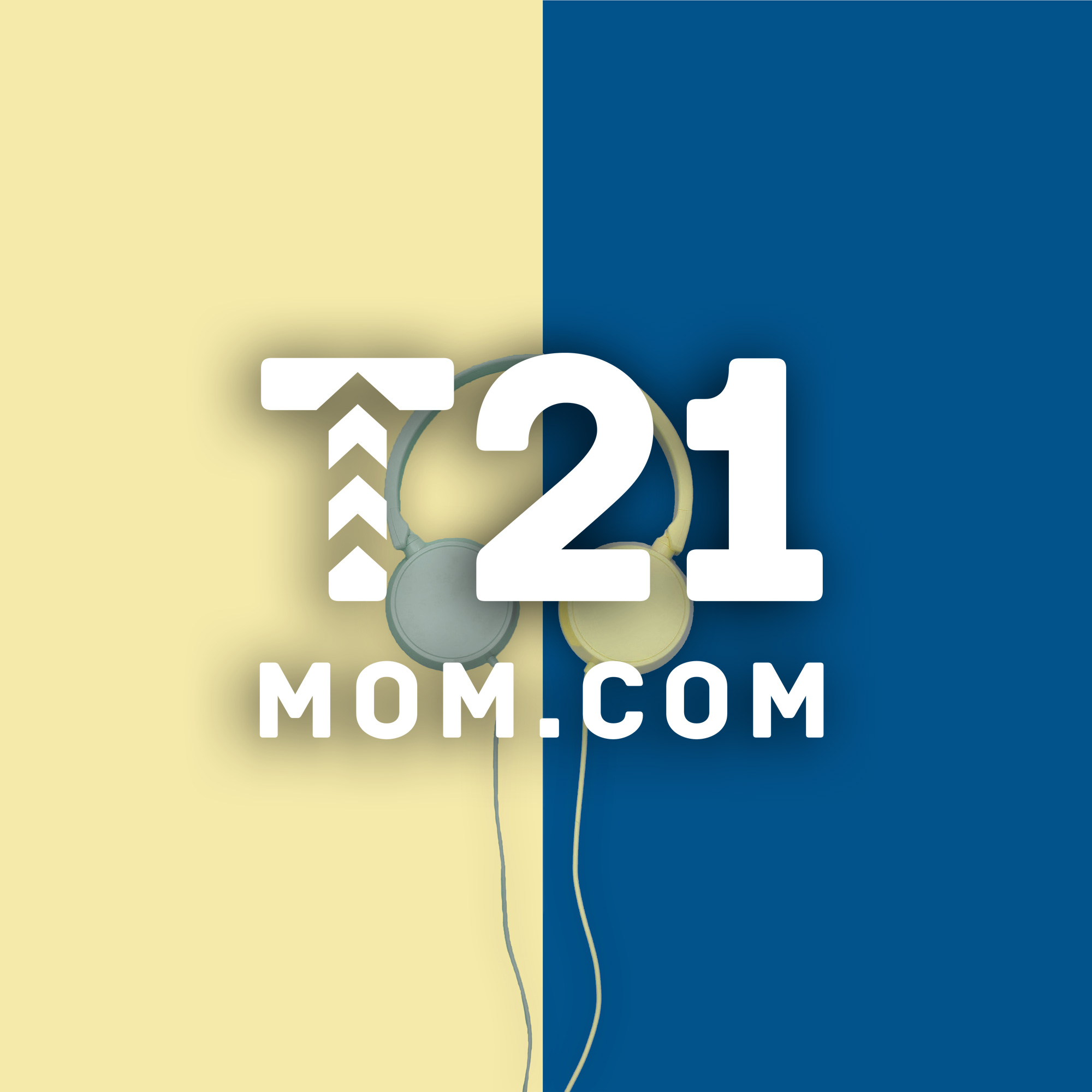
T21Mom-A Down Syndrome Podcast
T21Mom.com
The Collaborative IEP
Ashley Barlow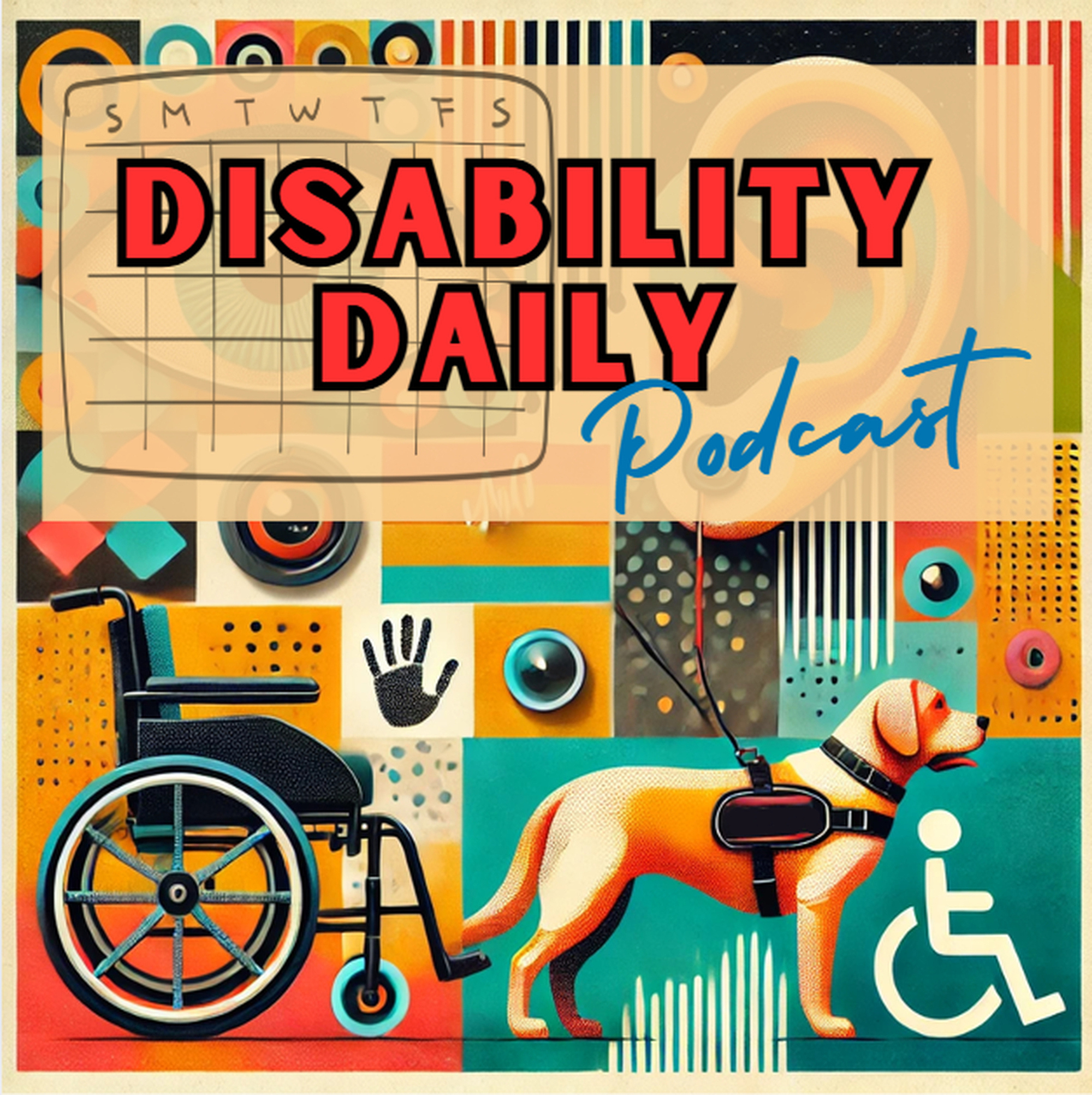
Disability Daily Podcast
Katie Healey, PhD, CPACC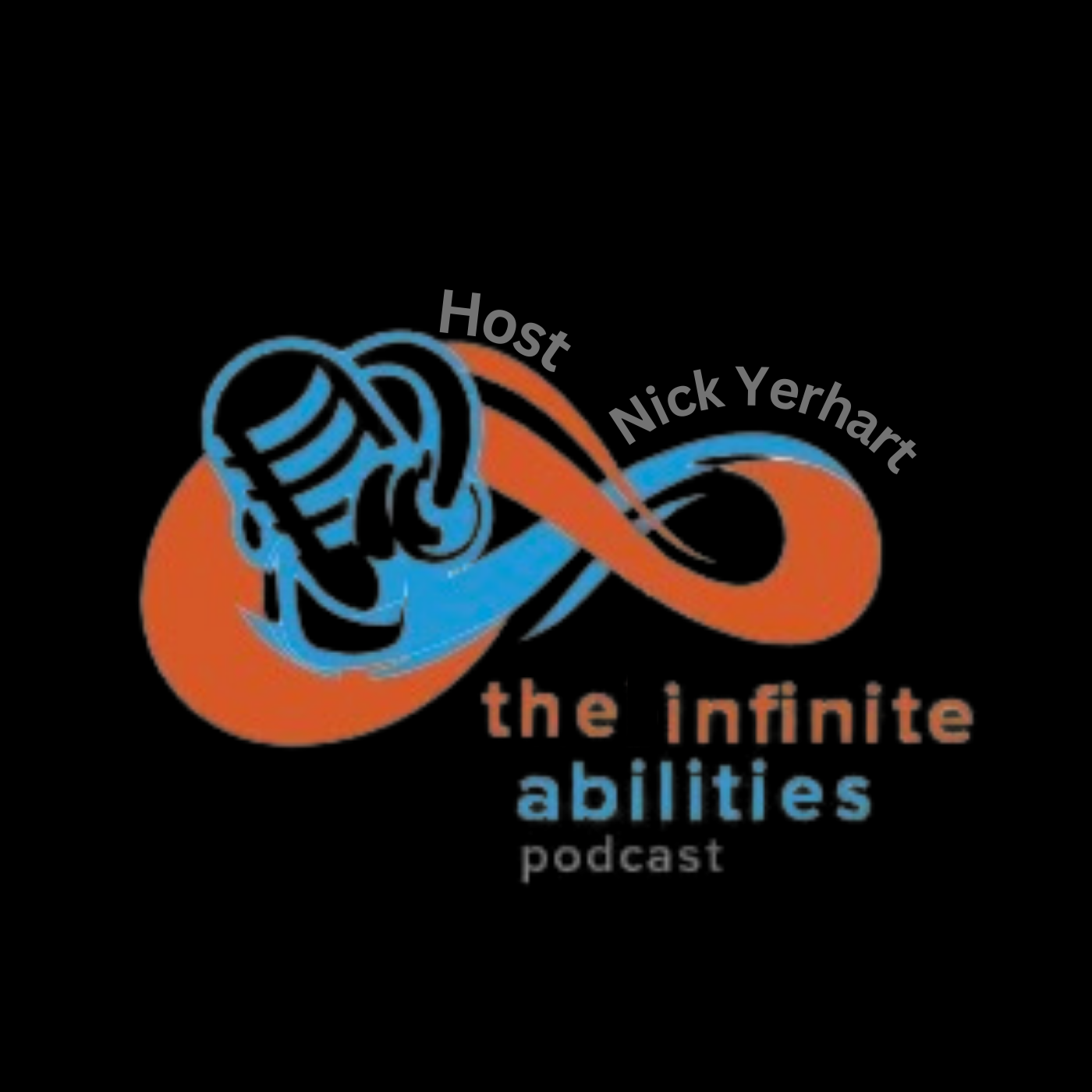
The Infinite Abilities Podcast
Nick Yerhart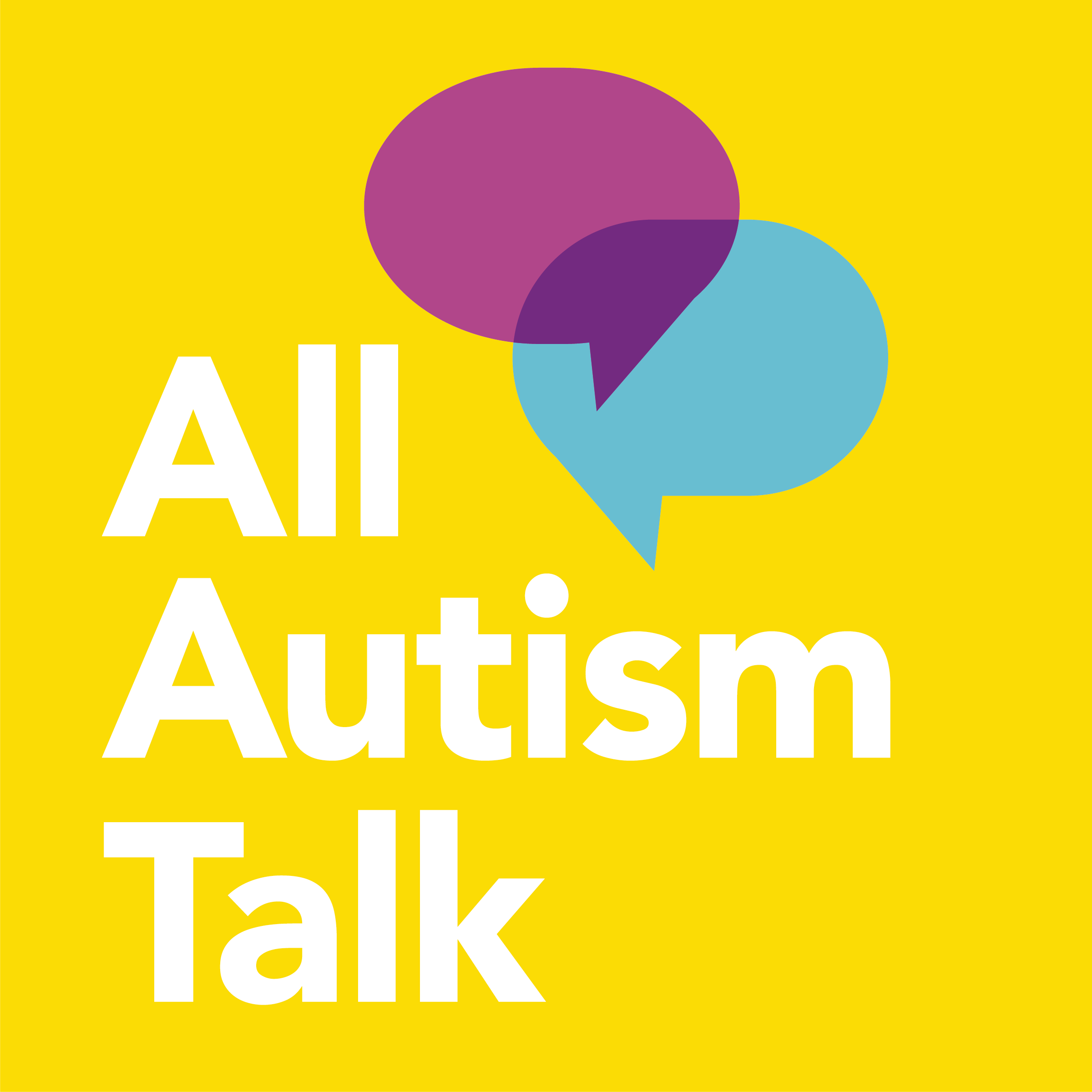
All Autism Talk
All Autism Talk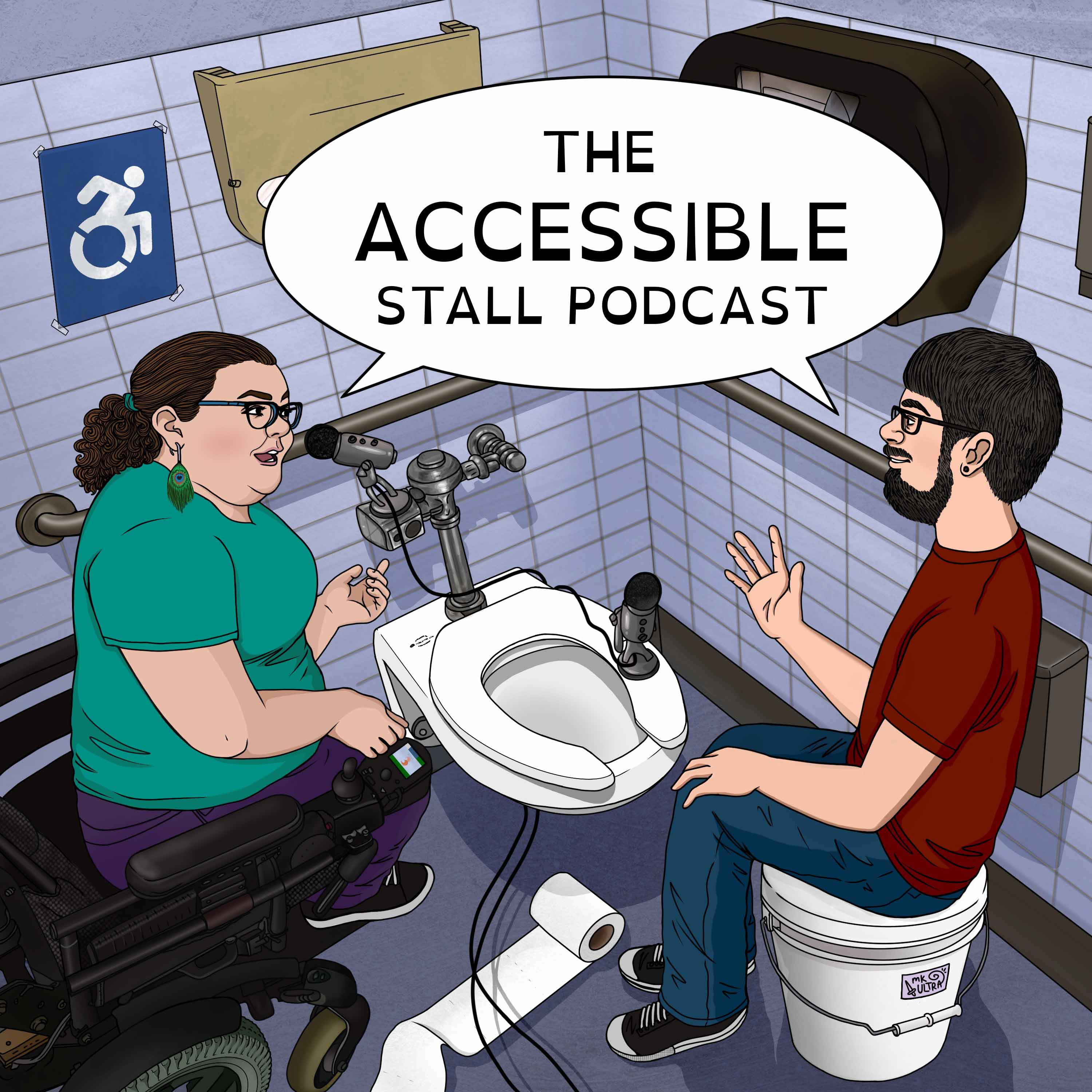
The Accessible Stall
Kyle Khachadurian and Emily Ladau
Disability Deep Dive
Disability Rights Florida
STAY Tuned: Supporting Transition-Age Youth with mental health conditions
STAY Tuned at Transitions to Adulthood Center for Research
Moms Talk Autism Podcast
Shannon Korza, Brittney Crabtree, Tash Dillmon, and Jean Mayer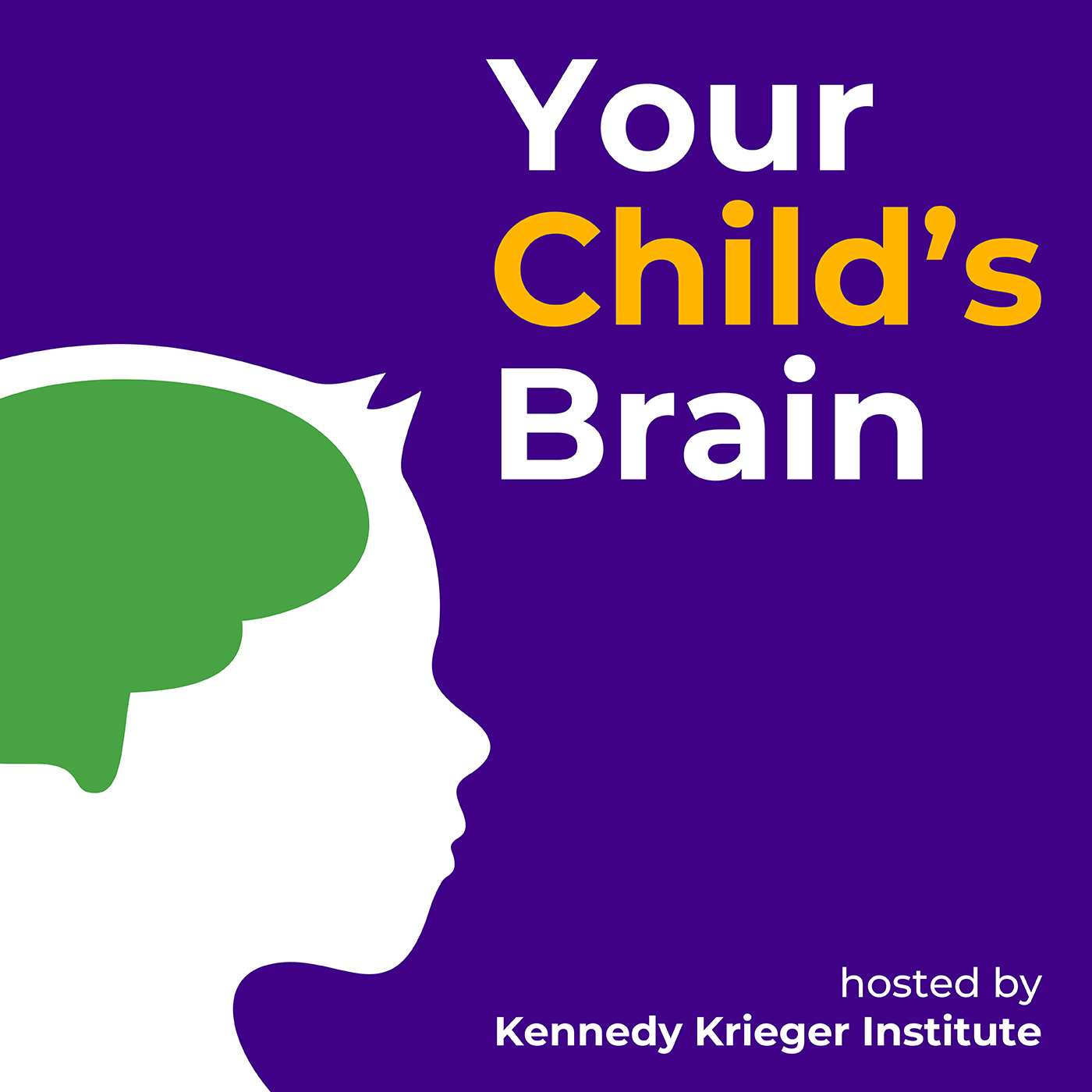
Your Child's Brain
WYPR Baltimore


